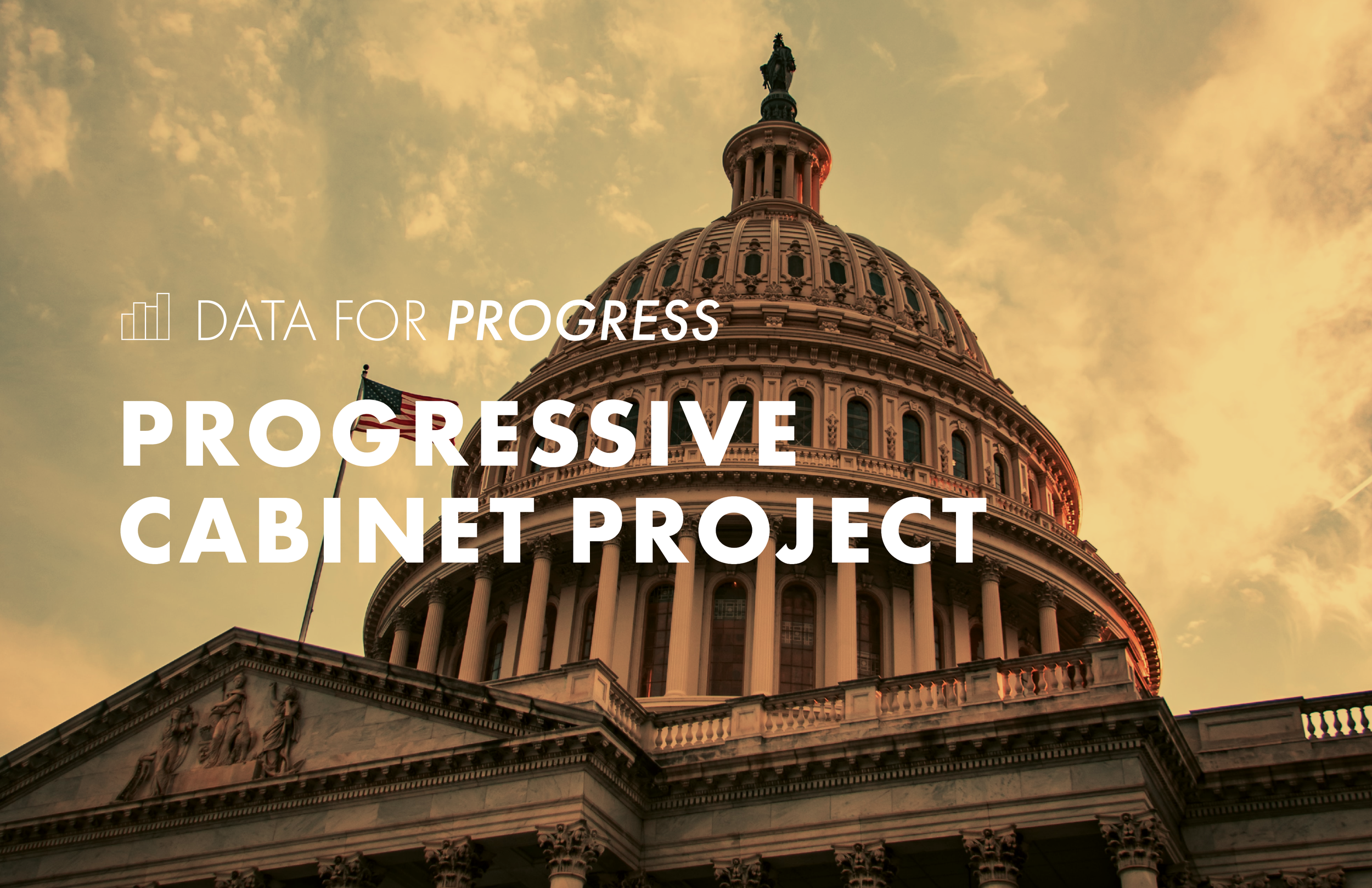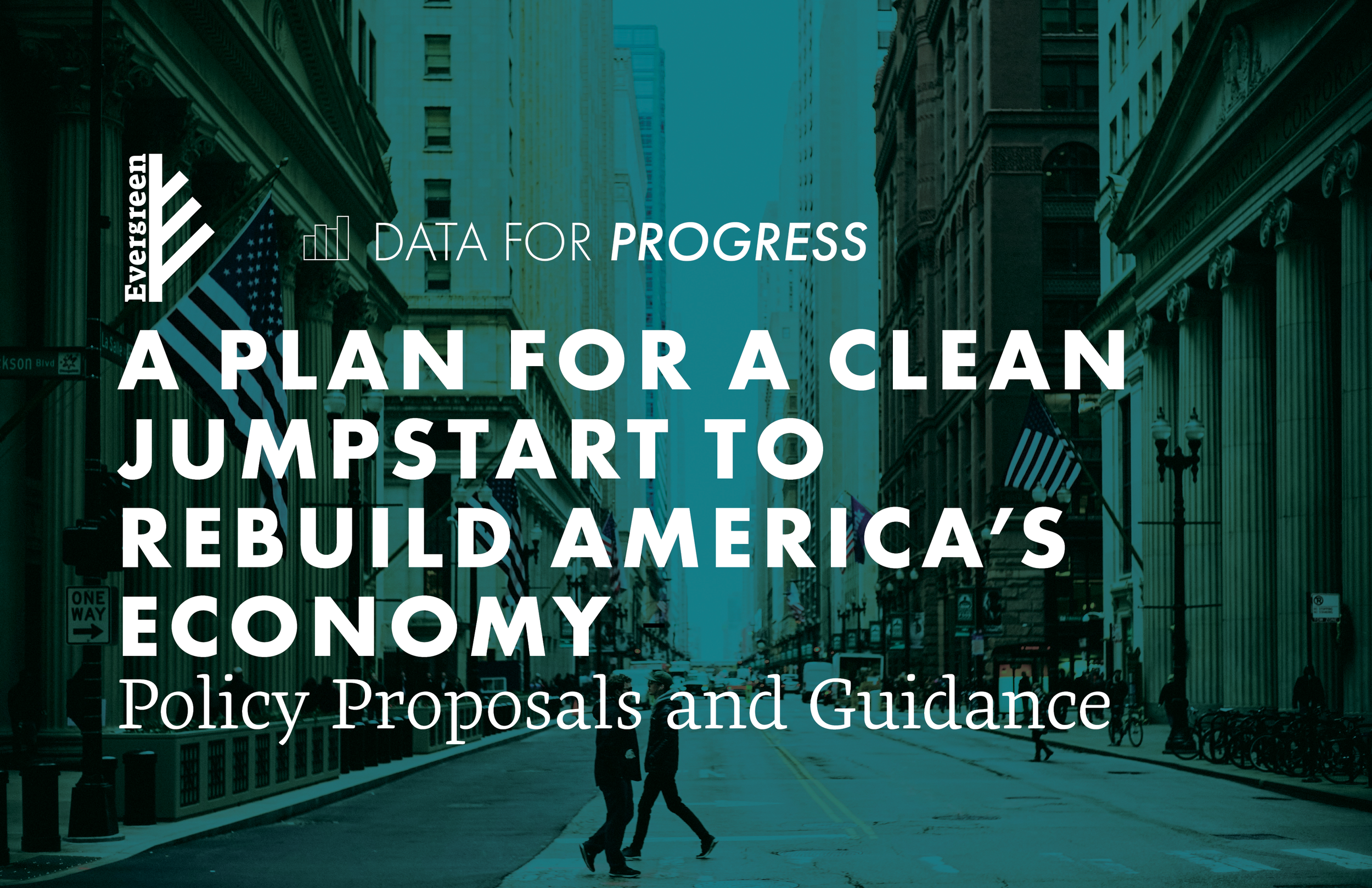Memo: From Civilian Input to Civilian Control - The Principles of Effective Police Oversight
By Maria Hawilo Distinguished Professor in Residence, Loyola University Chicago School of Law
Introduction
In the days and weeks following the murder of George Floyd, people throughout the United States organized and protested against racist systems of policing, criminalization, and incarceration. Some called for defunding and abolishing entire police departments, while others demanded more incremental policing reforms. But across the board, a common theme emerged: the police, and as importantly police unions, have too much power, which they have used to protect their own interests at the expense of the communities they are sworn to serve. Afforded extraordinary deference by prosecutors, judges, and other officials, and insulated from meaningful accountability, the police seem too often to operate above the law, sometimes inflicting devastating harm. While cities are considering shrinking the role of the police, oversight is still needed no matter how big or small a police department becomes.
How does this happen? First, existing police accountability systems do not sufficiently address community grievances and police misconduct. Second, most systems are not independent and transparent, but rather concentrate power in the hands of the mayor and the chief of police. Third, accountability systems are often plagued by bias in favor of police interests and lack any real authority to adopt policies or impose discipline. To be effective, police oversight must be driven by the community, not law enforcement, and must include real transparency. It is not enough to have civilian input on police discipline and policy, there must be civilian control.





